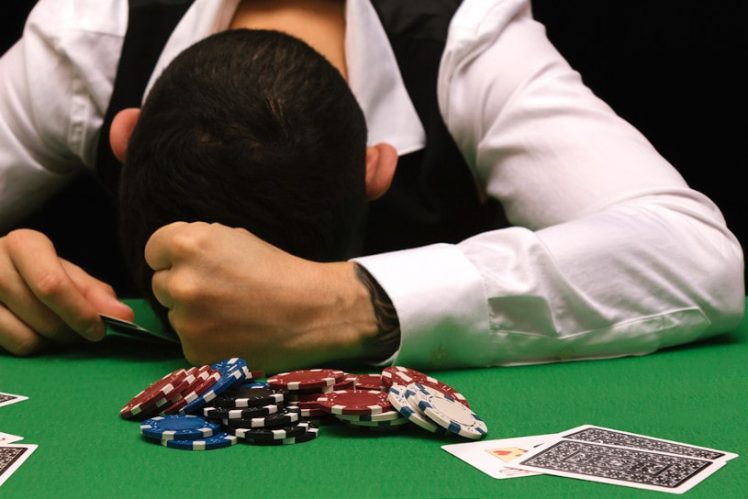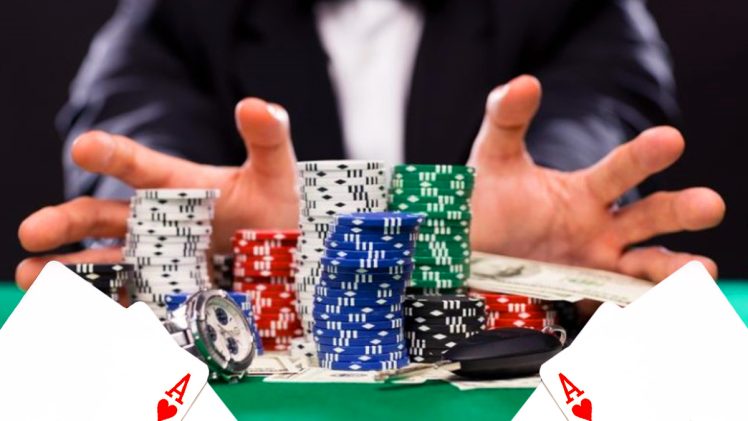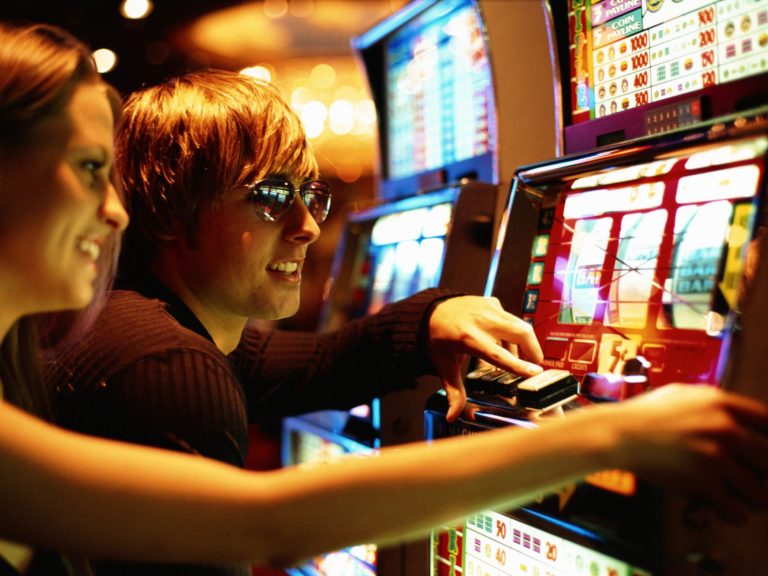Table of Contents
When it comes to gambling, it’s more of a public health issue than a private one, especially if you don’t know how to behave yourself or when to stop.
There are a number of ways that gambling-related harms impact relationships, such as divorce, separation, violence, fights, and conflicts; they can also cause an increase in stress levels, depression, or panic attacks. One fun fact shows that about 39% of Victoria’s gamblers have been medically diagnosed with a mental condition. If you wish to know more about gambling cons & how they can affect your mental health, keep on reading and get your answers down below.
Why & how is gambling linked to depression?
The concept of making money may seem like the only thing you need to get out of a bad mood.
Stress-related conditions including hypertension and insomnia are exacerbated by gaming.
Gambling and drug use activate the same reward system in the brain.
Even when they are losing, the body of a gambler continues to manufacture endorphins and adrenaline, which keeps them playing.
When gamblers initially begin gambling, they may find that they must take greater risks in order to receive the same thrill they felt at the beginning since they have developed a tolerance for the activity.
Because of this dependence on dopamine, the brain’s reward system becomes overactive.
What to know about gambling and stress

When you’re nervous, gambling can seem like a release and a diversion, but it can really increase your stress in a variety of ways.
A financial crisis will undoubtedly result if you gamble too much and lose more money than you intended while also accruing debt.
In addition, your relationships may be strained and your family and friends’ faith in you may be eroded as a result of this.
When it comes to dealing with stress, gambling doesn’t work.
If you’re looking for a way to “take the edge off” after a long day, try taking a 30-minute walk around your neighborhood.
In spite of how it may appear, exercise is one of the best natural stress relievers. It can also contribute to your overall health, not just your mental & distracting point.
Why can it be a problem to gamble?
Doing everything too often or excessively can be an issue. Gambling can cause a variety of problems, but anyone can get hooked.
Nobody has any idea who will get addicted to gambling in the future. Although you may look and feel like a tough & strong individual with minimal tendencies of getting hooked up, this is still possible in your case. This is why you have to rethink your options and always question yourself and your actions.
Gambling becomes a problem when it harms one’s income, interpersonal relationships, and employment.
What are the triggers and how can you spot them?

It may be some time before the person understands that they have a problem. The majority of people who develop a gambling addiction are considered trustworthy and reliable, but specific conditions may cause their conduct to change. These could include:
- Traumatic situations that occur during retirement
- Stress-induced mental distress, such as despair or anxiety
- Loneliness
- Environmental factors, such as the availability of relationships or opportunity
Some people who are addicted to gambling may also have a problem with alcohol or narcotics because of their susceptibility to addiction. If you or someone in your family has had a history of bad behavior, along with addiction of any kind, you may want to stay away from these tempting opportunities.
How can one get treatment?
If you truly believe that you don’t know how or where to draw a line and you can’t control yourself fully on your own you should think about getting some help on the side.
Cognitive behavioral therapy (CBT) and behavior therapy (BT) are two approaches to this treatment (CBT).
Behavior therapy helps to reduce the need to gamble by continually exposing the patient to the habit + just talking to someone about it can be beneficial.
Changing one’s thoughts and feelings towards gambling can be helped by CBT.
Depression and anxiety medication may help alleviate some of the side effects of gambling addictions.
There are certain medications that can help reduce the desire to gamble.
Narcotic antagonists, drugs used to treat drug addiction, may help some compulsive gamblers.
Self-help groups can be a valuable resource for those who find solace in the company of others who are experiencing similar difficulties.
How can it make an impact on your mental health?

In the event that it becomes an addiction, gambling can lead to low self-esteem, anxiety, and despair.
Gambling addiction can occur if you use it excessively or if you lose control over your actions.
Gambling has the potential to affect the part of our brains responsible for the release of dopamine, a neurotransmitter associated with pleasure and reward.
When we win a bet, our brains give us an emotional high.
Addiction to gambling can cause you to lose pleasure in formerly pleasurable activities.
If you want the same high, you can get it by placing a bet instead.
Fortunately, you can restore your brain’s chemistry to its pre-injury state.
On a daily level, life may once again be joyful.
Those with mental health issues are more likely to indulge in risky gambling. There are a number of reasons why someone could gamble; for example, if they are depressed and want to feel better about themselves, they might gamble to do so.
How & where to gamble responsibly?
If you feel like gambling and taking action yet making smart moves you have to know your limits. Aside from that, you have to know where to have fun & which site to trust. Do you know when to stop and how to win + you love to have occasional fun? Anyone looking for a source with a wide range of games and wanting to have fun online should check out https://www.gamblingmentor.org/online-pokies/.

